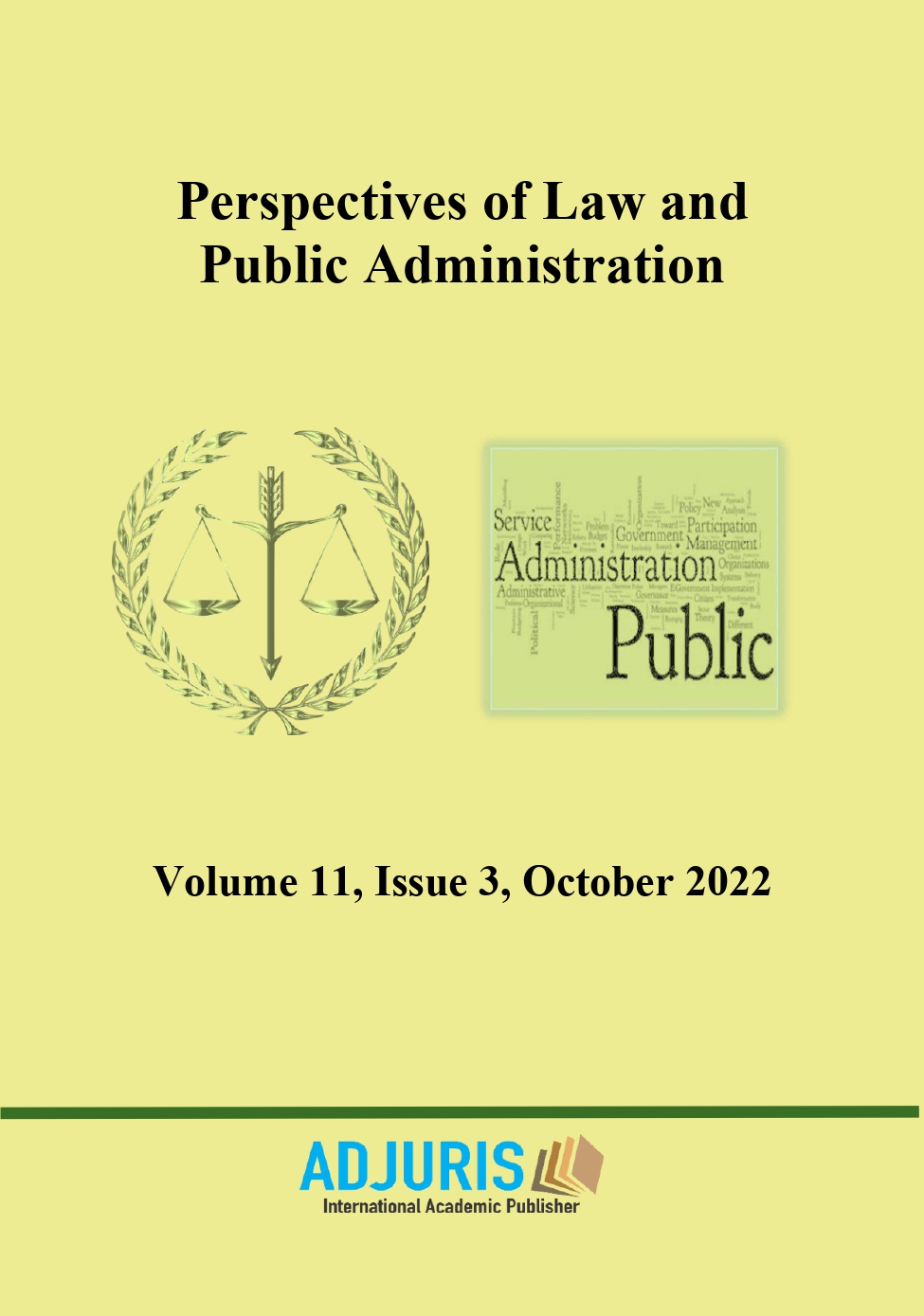POLITICAL AND LEGAL SOLUTIONS FOR THE IDENTITY CLAIMS OF GAGAUZ AND BULGARIAN ETHNIC GROUPS IN THE REPUBLIC OF MOLDOVA
POLITICAL AND LEGAL SOLUTIONS FOR THE IDENTITY CLAIMS OF GAGAUZ AND BULGARIAN ETHNIC GROUPS IN THE REPUBLIC OF MOLDOVA
Author(s): Valentina Cornea, Andreea Elena Matic, Florin TudorSubject(s): Politics, Constitutional Law, Human Rights and Humanitarian Law, Inter-Ethnic Relations, Ethnic Minorities Studies
Published by: Societatea de Stiinte Juridice si Administrative
Keywords: democracy; minority; ethnic group; non-territorial autonomy; territorial autonomy; human rights;
Summary/Abstract: In the present paper we aim to analyze the specific situations of several minorities groups Republic of Moldova has developed an ample legal framework for the protection of minority rights. The political and legal measures concerning the protection of minorities targeted to assign certain special forms and conditions of autonomy by establishing special statutes adopted by organic laws. There are put to the issue the interpretations of territorial and non-territorial autonomy as policies for the minorities’ protection. The study argues that any model of autonomy, whether territorial or non-territorial, is viable when it can provide three desiderata: The protection of ethnic identity, impact on human development and the maintenance of the national unity of the state. The choice of territorial or non-territorial autonomy must be weighed depending on the moral force of identity claims. The political and legal measures adopted by the Republic of Moldova by rendering territorial autonomy to Gagauz ethnicity disregard the basic criteria for assessing the claims of ethnic minorities, largely ignoring the normative political theory in the analysis of decisions that target the management of ethnic diversity. We suggest that for the Republic of Moldova a model of non-territorial autonomy will respond more effectively to identity manifestations, provided that they are assumed as “local management” in the ethno-cultural sphere, based on the principle of local autonomy and decentralization.
Journal: Perspectives of Law and Public Administration
- Issue Year: 11/2022
- Issue No: 3
- Page Range: 386-393
- Page Count: 8
- Language: English

